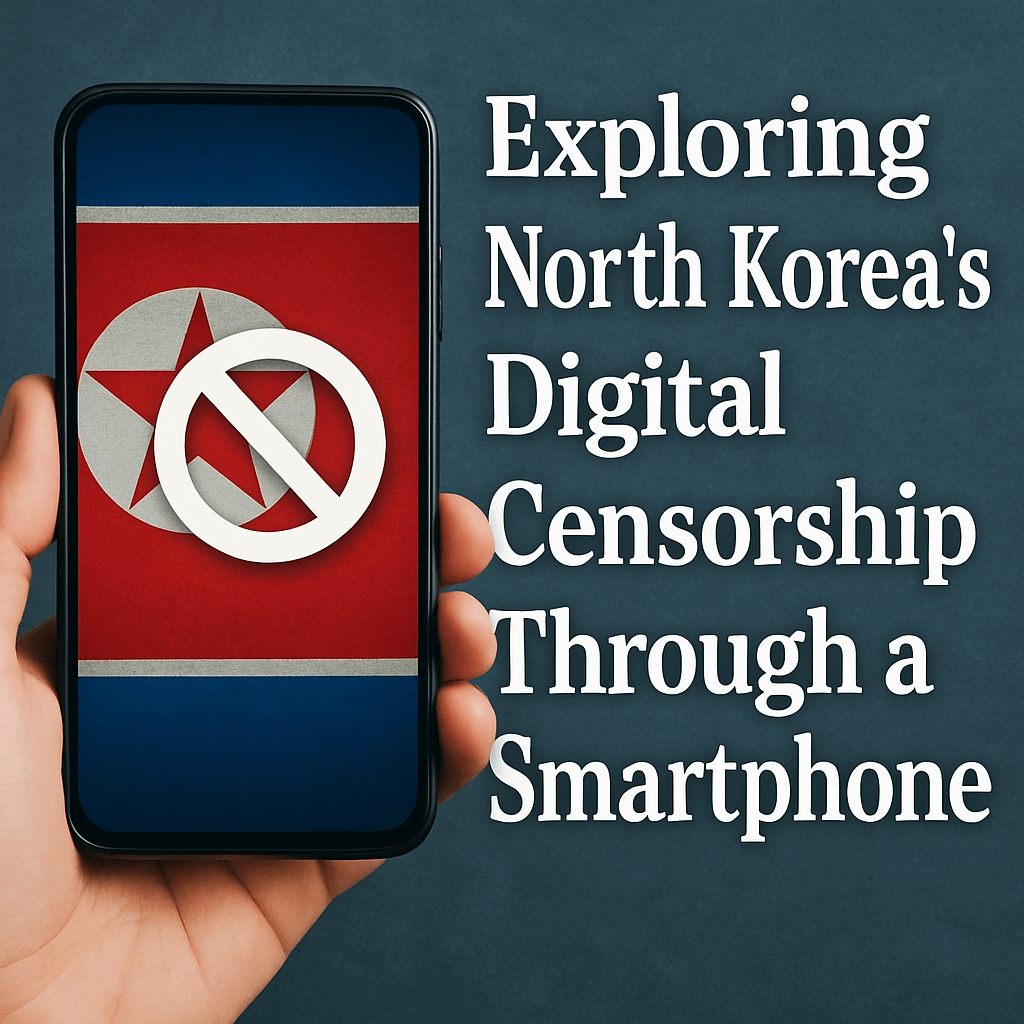Exploring North Korea’s Digital Censorship Through a Smartphone

A smartphone smuggled out of North Korea provides critical insights into how the regime exercises tight control over information. The device appears to be programmed with stringent censorship measures that include automatically substituting popular South Korean vocabulary with terms approved by the regime, alongside capturing screenshots of user activities every five minutes for governmental scrutiny.
The Censorship Mechanism
The smartphone, smuggled out in late 2022 by the Seoul-based media organization Daily NK and later assessed by the BBC, is devoid of internet access, as North Korea enforces strict barriers to external content. Users are presented with a highly controlled digital environment in which even casual expressions can lead to alarm and repercussions from authorities.
Digital Surveillance Features
According to a BBC report, the device captures and saves screenshots of user interactions every five minutes, storing this data in a designated file accessible to users but restricted in its opening capabilities. This system allows North Korean authorities to analyze digital behaviors and communication without users’ knowledge, maintaining vigilance over what information citizens consume.
- User warnings accompany the censorship process; for instance, the term “oppa”—a South Korean colloquialism for “older brother” that signifies affection—is modified to “comrade,” and a cautionary message is issued to inform users that the term is solely appropriate for siblings.
- The government also replaces the term for “South Korea” with “puppet state,” a representation of the regime’s propaganda efforts to undermine the legitimacy and cultural influence of its southern neighbor.
The Broader Context of Information Control
The widespread censorship of digital content is part of North Korea’s broader efforts to eliminate foreign cultural influence and maintain a singular ideological narrative. As one of the world’s most isolated nations, North Korea operates under a systematic approach to control its populace, enabled by an extensive surveillance network complemented by propaganda.
Challenging the Iron Curtain: The Information War
Recently, South Korea has ramped up efforts to smuggle foreign content into North Korea, aimed at cultivating awareness of life beyond the regime’s constraints. This covert operation has been described as part of an ongoing “information war” designed to reveal the realities of more liberal societies to North Koreans.
Organizations such as Unification Media Group (UMG) employ diverse methods for disseminating content, including:
- Utilizing loudspeakers at the border to broadcast foreign media
- Secretly distributing USB drives and SD cards embedded with K-dramas, popular music, and materials advocating for democratic principles
North Korea’s Response to Foreign Influence
In light of increasing South Korean efforts to infiltrate its borders with foreign media, North Korea has intensified its crackdowns. The regime is reported to enforce stricter laws and surveillance initiatives, including:
- Deploying “youth crackdown squads” to monitor individual behavior and language
- Implementing harsher punishments for consuming unauthorized content, which can include prison sentences or community labor
Moreover, recent changes in U.S. foreign policy have affected these underground operations. Cuts to funding for organizations such as Radio Free Asia and Voice of America under the previous U.S. administration have hampered efforts to deliver reliable information into North Korea, significantly limiting the tools available for those working to counteract the regime’s propaganda.
Conclusion
The smuggled smartphone serves as a stark reminder of how digital tools can be co-opted as instruments of state control and censorship. Understanding how the North Korean regime manipulates language and utilizes surveillance technology provides critical insights into the lengths authorities will go to maintain power. As South Korea and allied organizations continue their quest to penetrate North Korea’s information barriers, the implications for the regime’s authority—and its citizens’ understanding—could lead to significant changes in the future.